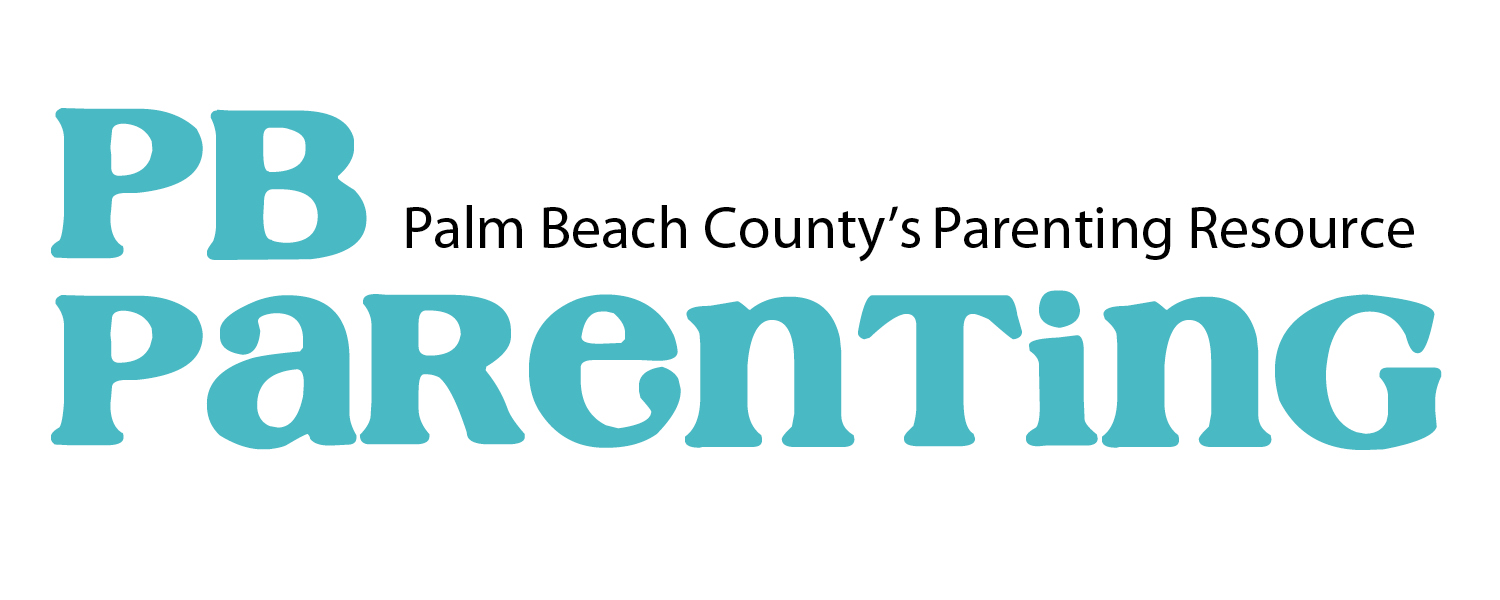NEW ZOO BABIES! Three African Crested Porcupettes Born at Palm Beach Zoo

For fans of baby animals, Palm Beach Zoo & Conservation Society will get right to the point! One of the Zoo’s newest residents, Cleo the African crested porcupine, gave birth to three baby porcupines, or “porcupettes,” in the early hours of February 3, 2022.
The three babies are healthy, with two of the littermates spending time with mom and dad, Priscilla, in their outfitted night house to give the new family private bonding time together out of public view for now. The third porcupette was born significantly smaller than the rest. The youngest did well in the family unit for the first several days, however, on day seven he/she was showing signs of being antagonized by its siblings.
In the wild world, having a “runt” of a litter is not uncommon. Unfortunately, a weaker newborn is much less likely to survive in nature. At Palm Beach Zoo, the runt gets a second chance. Palm Beach Zoo’s animal care team is prepared for such situations and made the necessary decision to intervene. He/she is being hand-raised by animal experts with the hopes of being reintroduced to its family when the time is right.
Cleo arrived at the Zoo in May of 2021 from San Diego Wildlife Alliance (formerly San Diego Zoo) as a potential mate for long-time resident Priscilla, a male porcupine. The Species Survival Plan® (SSP) for African crested porcupines is led by a group of Association of Zoos and Aquariums (AZA) professionals and population scientists who track and match genetics for animals in managed care. The team deemed the two a genetic match, and the rest was up to the porcupine pair and nature. The team of zoologists that care for the pair was thrilled to see evidence of a love match after several months. From that point on, “baby watch” began.
Crested porcupines live in pairs and stick together throughout their lifetime. They can live to their late teens and even into their 20’s, raising babies every year or so. Often, a few generations live together in a group until they find their own mates. “The plan for all our Zoo animals is to provide them with their appropriate social groupings, so we are thrilled Pricilla and Cleo are living a happy porcupine life,” said Palm Beach Zoo President and CEO Margo McKnight.

Cleo is an experienced mother who cared for multiple litters at her previous home, and Priscilla is a first-time dad. According to General Curator Mike Terrell, “He is settling into the role well. He is curious, excited and slightly overwhelmed. In other words – Priscilla is having a normal first-time dad reaction!” African crested porcupines co-parent their young, and Cleo and Priscilla are divvying up the responsibilities appropriately.
McKnight continued, “African crested porcupines clearly evolved by getting big (they are the largest by far of any porcupine) and prickly to survive in an environment replete with powerful predators such as lions, hyenas, leopards, and wild dogs. Several studies in South Africa show these porcupines have an important role as ‘ecological-engineers’ tilling soils and selectively choosing the vegetation to eat, which in turn promotes great biodiversity (compared to areas where they were hunted out).”
The sexes of the porcupettes are unknown at this point and will be announced at a later date. Check our social media channels @PalmBeachZoo for updates!
About Palm Beach ZooFor more than 50 years, Palm Beach Zoo & Conservation Society has provided visitors with up-close and personal animal encounters that connect people to wildlife. Palm Beach Zoo guests explore a WILD ecosystem thriving on 23 lush, tropical acres while discovering hundreds of exotic animals. Visitors enjoy interactive animal experiences, nature and water play, and a lakeside cafe. Palm Beach Zoo participates in AZA Species Survival Plan® programs, ensuring healthy animal populations for rare and endangered species. The impact of a visit to Palm Beach Zoo extends beyond the gates, inspiring people to take action and save wildlife in wild places. For more information, visit www.palmbeachzoo.org.


